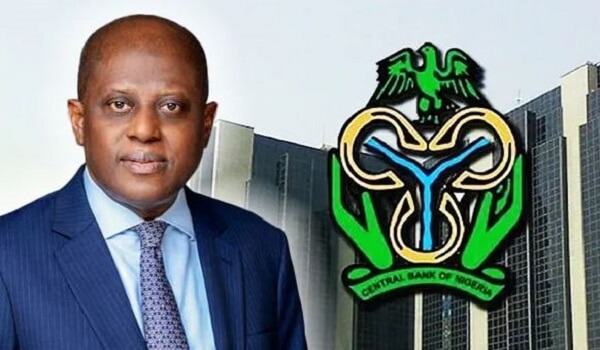- Petrol prices’ll drop to ₦750 per litre by year-end, says NIPSS
The Central Bank of Nigeria has announced a notable increase in its Net Foreign Exchange Reserve standing, hitting $23.11 billion by the conclusion of 2024 marking the highest level in more than three years.
This marks a notable improvement from $3.99 billion in 2023, $8.19 billion in 2022, and $14.59 billion in 2021.
The increase in reserves is due to the CBN’s intentional reduction of short-term foreign exchange commitments, such as FX swaps and forward obligations.
The bank also cited enhanced investor confidence and rising non-oil foreign exchange inflows as important drivers of the stronger reserve position.
Gross external reserves also increased, reaching $40.19 billion, up from $33.22 billion at the end of 2023.
The CBN Governor, Olayemi Cardoso, emphasized that the improvement was a result of deliberate policy measures aimed at strengthening Nigeria’s external liquidity.
“This improvement in our net reserves is not accidental; it is the outcome of deliberate policy choices aimed at rebuilding confidence, reducing vulnerabilities, and laying the foundation for long-term stability,” Cardoso stated.
The CBN acknowledged seasonal changes in the first quarter of 2025, including interest payments on foreign-denominated loans, but emphasised that fundamentals remain robust, with reserves expected to improve further in the second quarter.
In the future, employees are expected to increase reserves continuously, supported by higher oil production and export growth, which will improve non -FX increase and diversify external items.
The bank has reaffirmed the commitment to carefully manage reserves, transparent reports and macroeconomic policies to promote stable exchange rates, attract investment and enhance long -term economic recovery.
Petrol prices’ll drop to ₦750 per litre by year-end, says NIPSS
Also, the National Institute for Policy and Strategic Studies has assured Nigerians that the price of Premium Motor Spirit, also known as petrol, will drop as Dangote Refinery and other local refineries begin operations.
Before the fuel subsidy removal, petrol was sold for less than ₦200 per litre.
Now, prices have surged to around ₦930 per litre, depending on location.
Despite the increase, NIPSS Director General Ayo Omotayo said there is hope for relief in the future when he featured on a live television programme on Tuesday.
Omotayo explained that as more refineries start working, fuel prices will begin to fall.
“With the removal of the first subsidy, we have Dangote Refinery coming on. We have other refineries. The refinery in Port Harcourt has worked continuously for 110 days if I’ve counted right. These are the short-term gains,” he said.
He predicted that petrol prices could drop to around ₦750 per litre before the end of the year and that the exchange rate would stabilise.
“We’re looking at it coming down as low as ₦750 before the end of the year. And of course, foreign exchange, we believe, will still drop to about 1.3 before the end of the year and it is going to continue like that as more of our refineries come into place.
“We will become a net exporter in the long run,” he added.
He acknowledged that Nigerians are currently facing difficulties but insisted that the country will benefit from the policy in the long run.
“The gains at this time are very little, but then in the long run, we will make up for whatever sacrifices we have made today as Nigerians,” he stated.
Defending the removal of the subsidy, Omotayo stated that while the impact may be tough now, the decision will benefit the country in the long run.
Omotayo said, “Most of the benefits will come in the medium and long term. For now, the government has introduced palliatives to help ease the burden on the poor. We all need to adjust our spending.”
He acknowledged that the gains might not be immediately visible but emphasised that, “In the long run, we will recover whatever sacrifices we have made today as Nigerians.”

